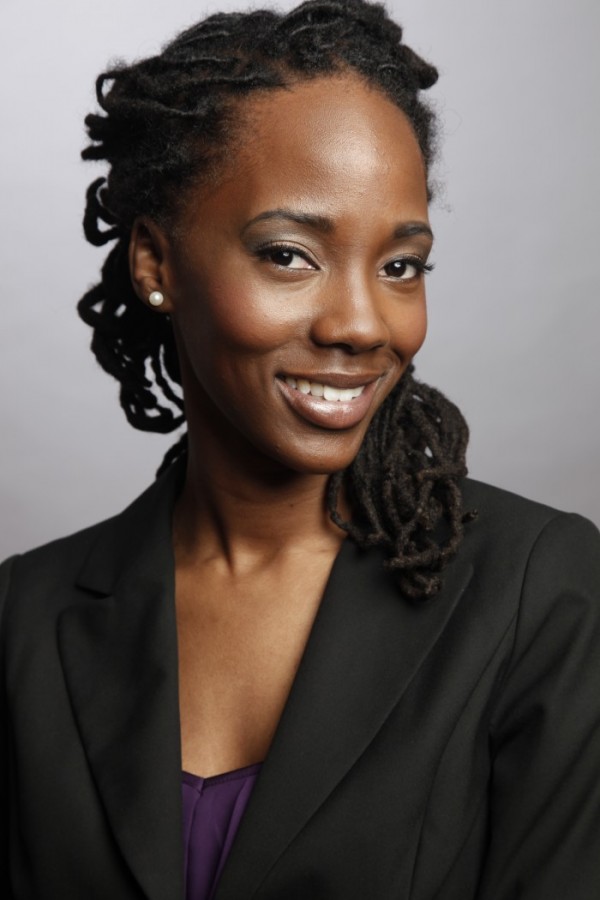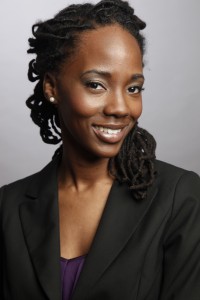“Ideas and products and messages and behaviors spread just like viruses do,” says Malcolm Gladwell, author of our first Summer Book Club selection “The Tipping Point: How Little Things Can Make a Big Difference“. If we think of trends and changes in society as epidemics, like the flu, we can better understand why some ideas spread and how to start positive epidemics of our own. Each trend has one moment, where one small change can—be the Tipping Point.
“The Tipping Point” offers three rules of epidemics–the Law of the Few, the Stickiness Factor and the Power of Context, which all can be helpful when applied to PR. The rule that stuck out to me the most was the Law of the Few.
The Law of the Few
The Law of the Few suggests that a small group of people, if they are the right people, can start an epidemic. Gladwell cites three different types of the “right” people who are capable of starting and epidemic–Connectors, Mavens and Salesmen.
- Connectors are those who seem to know everyone and have their feet in many circles. Perhaps they are the president of PRSA or your seasoned PR mentor.
- Mavens are vaults of information and want to advise others. Mavens are trusted sources of information because they sincerely want to help, and people listen to them for it, such as keynote speakers at educational conferences. As a blogger, I also would like to consider myself a Maven.
- Salesmen are the persuaders, when others are unconvinced. For an epidemic to start, people need to be persuaded to do something.
What This Law Means for PR
Connectors have the power of numbers, Mavens have the power of credibility and Salesmen have the power of persuasion. They each own different strengths, but each have the ability to spark an epidemic.
Now, whether the epidemic we are trying to spread is a viral video on YouTube, a product or service or a public campaign, Gladwell’s law shows that to whom we communicate is crucial to spreading the word. Instead of trying to share our message with anyone and everyone, or “spray and pray“, we should target those who have the influence to start an epidemic.
We can reach out to social media for Connectors who have a large number of followers in many different areas of interest. We can reach out to bloggers for Mavens, who are experts in their industry and have the trust of their readers. We can reach out to influential people through partnerships, maybe those who are public figures or have some amount of celebrity, who can change opinions and move people with little effort.
Spamming everyone with a press release that doesn’t get covered won’t start an epidemic. Telling one trusted blogger who writes a post read by thousands, who always follow their advice–that can spread your message like wildfire.
Before you send your next release or pitch to a list of generic reporters, think about with whom you are communicating. Are they a Connector? Maven? Salesman? Can they be the Tipping Point of your epidemic?
Other discussion questions:
1. How can the Law of the Few help us in our careers? Should we be more deliberate in choosing to whom we are marketing ourselves?
2. Gladwell published his book in 2000. How do you think his rules would have changed with the introduction of social media? Do social networks make everyone a Connector? Are the lines of who has influence blurrier?
3. Have you identified any Tipping Points in your own PR campaigns? What do you credit for your successful initiatives?
Don’t forget to visit our Facebook page and vote for our next Summer Book Club selection. Thanks for participating!
 Heather Sliwinski is an account executive at KemperLesnik, a Chicago-based public relations agency, providing media relations and social media services to a variety of B2B clients. She has held positions in marketing and event planning for corporations, nonprofits and higher education. She earned a bachelor’s degree in journalism and mass communications with an emphasis in strategic communications from the University of Wisconsin-Madison. Sliwinski is the blog co-chair for the PRSA New Professionals Section. Feel free to connect with her on LinkedIn or Twitter.
Heather Sliwinski is an account executive at KemperLesnik, a Chicago-based public relations agency, providing media relations and social media services to a variety of B2B clients. She has held positions in marketing and event planning for corporations, nonprofits and higher education. She earned a bachelor’s degree in journalism and mass communications with an emphasis in strategic communications from the University of Wisconsin-Madison. Sliwinski is the blog co-chair for the PRSA New Professionals Section. Feel free to connect with her on LinkedIn or Twitter.
 Elizabeth Rhoads Greenaway serves the PRSA New Professionals Section Executive Committee as programming director and chair-elect.
Elizabeth Rhoads Greenaway serves the PRSA New Professionals Section Executive Committee as programming director and chair-elect.




